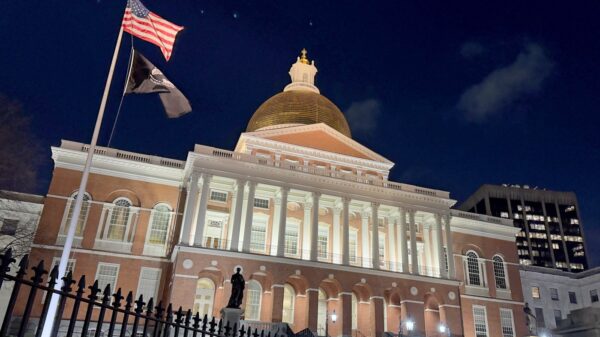URGENT UPDATE: Ukrainian President Volodymyr Zelensky has just signed a controversial bill that limits the powers of two key anti-corruption agencies, igniting fierce criticism from opposition leaders and civil society advocates. The move, confirmed by the Ukrainian Parliament on January 14, 2024, is seen as a significant overreach of presidential authority amid ongoing efforts to combat corruption in the country.
Critics are expressing alarm that this legislative action undermines the independence of agencies responsible for investigating corruption, a persistent issue in Ukraine. Opposition figures argue that limiting these agencies could lead to increased corruption and erode public trust in the government at a time when accountability is crucial.
The bill specifically targets the operations of the National Anti-Corruption Bureau of Ukraine (NABU) and the Specialized Anti-Corruption Prosecutor’s Office (SAPO). Both institutions have been pivotal in prosecuting high-profile corruption cases, making their constraints a focal point of concern for many Ukrainians who demand transparency and effective governance.
As the news spreads, public reactions are heating up. Protests are expected to erupt in major cities, as citizens voice their frustration over what they perceive as a backslide in the fight against corruption. One protester stated, “This is a betrayal of our hopes for a cleaner government. We cannot allow our leaders to weaken the institutions meant to protect us.”
The international community is also watching closely. Analysts warn that this decision could jeopardize Ukraine’s relationships with Western allies, who have been supportive of anti-corruption reforms as a prerequisite for financial aid. The European Union and the United States have previously emphasized the importance of robust anti-corruption measures, especially as Ukraine navigates its path toward EU membership.
Looking ahead, the next steps for Zelensky remain unclear. Opposition leaders are calling for an immediate reversal of the legislation, and it is uncertain whether they can muster enough support within Parliament to challenge the bill. As tensions rise, all eyes will be on Ukraine’s response to this pivotal moment in its governance.
Stay tuned for further updates as this developing story unfolds. The implications of this controversial bill could reshape the landscape of Ukrainian politics and the ongoing battle against corruption.






































































